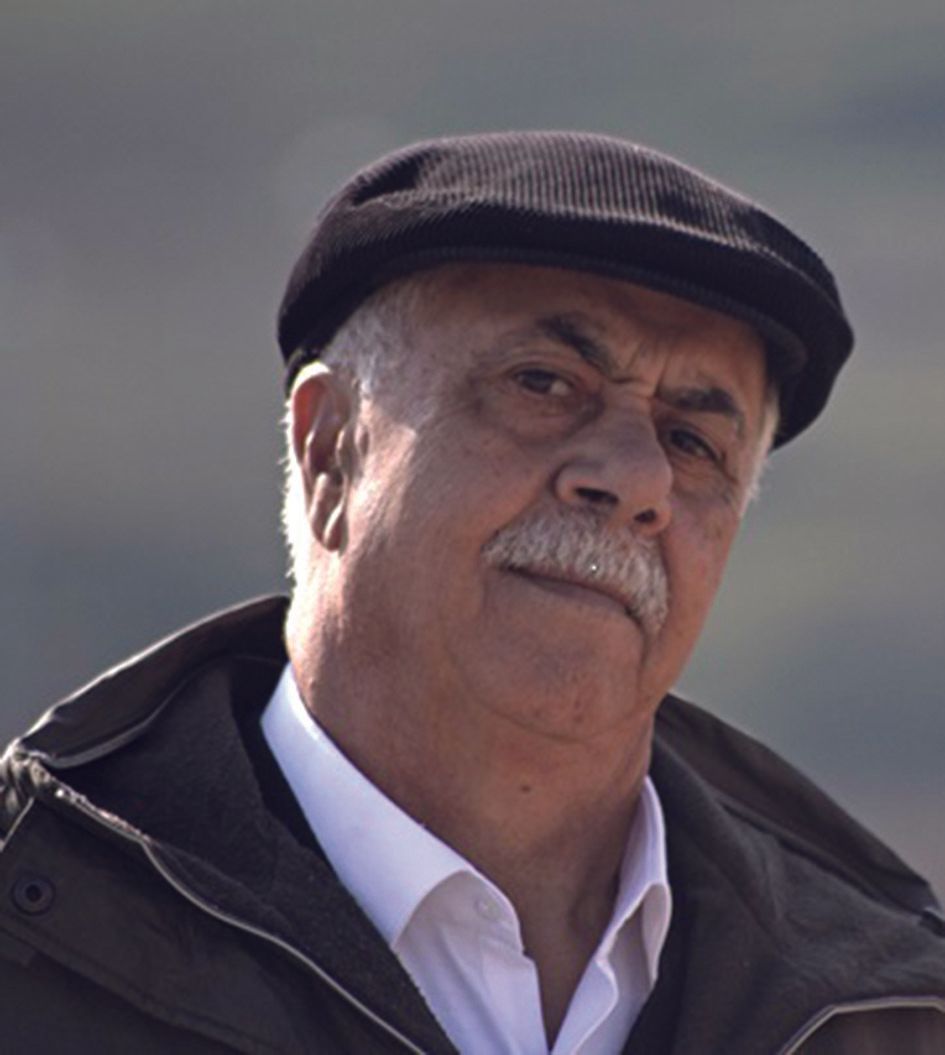We know each other so little
A family. Endearing and colorful characters who, over the generations, take us from Périgord to Lyon, from Burgundy to Provence, and lead us to the 1950s. This is the beginning of the "events in Algeria." Gilbert, a lawyer imbued with his grandmother's humanist ideas, meets Monique in Marseille, a trade unionist and communist like her father. They marry. She helps Algerians who tell her about their struggle for their country's independence. The young couple, deeply committed to justice and the fundamental values of our Republic, decide to move there. They discover a magnificent country and become friends with ordinary Muslim, Christian, and Jewish workers, confronted with the horror of war... Will they emerge unscathed? In France, sixty years after Algerian independence, the media constantly discuss Franco-Algerian relations, which remain difficult and painful. The wound never heals. But do we know each other better today than yesterday? With this novel, Adel Monchaoui and Régine Laprade aim to help us discover what many of us continue to ignore. It was said, "Algeria is France." Yet, in the land of equality, two distinct communities coexisted with different rights. What do we really know about this war, about events that were kept secret, kept secret? People are beginning to speak out. Sadly, many witnesses have disappeared. Current generations, neither guilty nor responsible, are demanding to hear History presented differently than through truncated, obscured realities, distorted by a racist, resentful psychology that continues to divide people to the point of ignorance.
Akli - A Berber in turmoil
This novel tells the story of a young man. Akli. He is Berber. One of those proud, courageous, strong-willed men, passionate about justice and freedom. He could have been born elsewhere, among another people, in another country. It doesn't matter. He is their alter ego; the story would be the same. He comes from a small, poor village perched on the side of a mountain. His father taught him that at school you have to work to be first, that education is a bulwark against poverty. So Akli sees this as a challenge. He is first. His father dies. From now on, it's up to him to work to feed his family. He must forget school. Events are against him. Akli is caught in a whirlwind of worries and disasters. Yet he hasn't forgotten the challenge, the principles his father taught him. Will he have the strength, the courage, the luck to get out of it? What will his struggle be to overcome all the difficulties? In this novel, the authors meticulously depict Berber society, customs, and the pride of a people. The dialogues and daily life, recounted with attention to detail, offer the pleasure of reading, but also that of the image associated with it. Finally, it confronts the reader with realities that are unfortunately universal: poverty, corruption, the power of money, stolen and confiscated freedoms, inequality... and also religious dogmatism and other extremisms that lead to all kinds of excesses. However, this novel aims to be optimistic. It gives thanks to honest men and women, open to others, humane, humanists who reach out to the weakest, the most deprived, to those who risk dying in order to survive.












